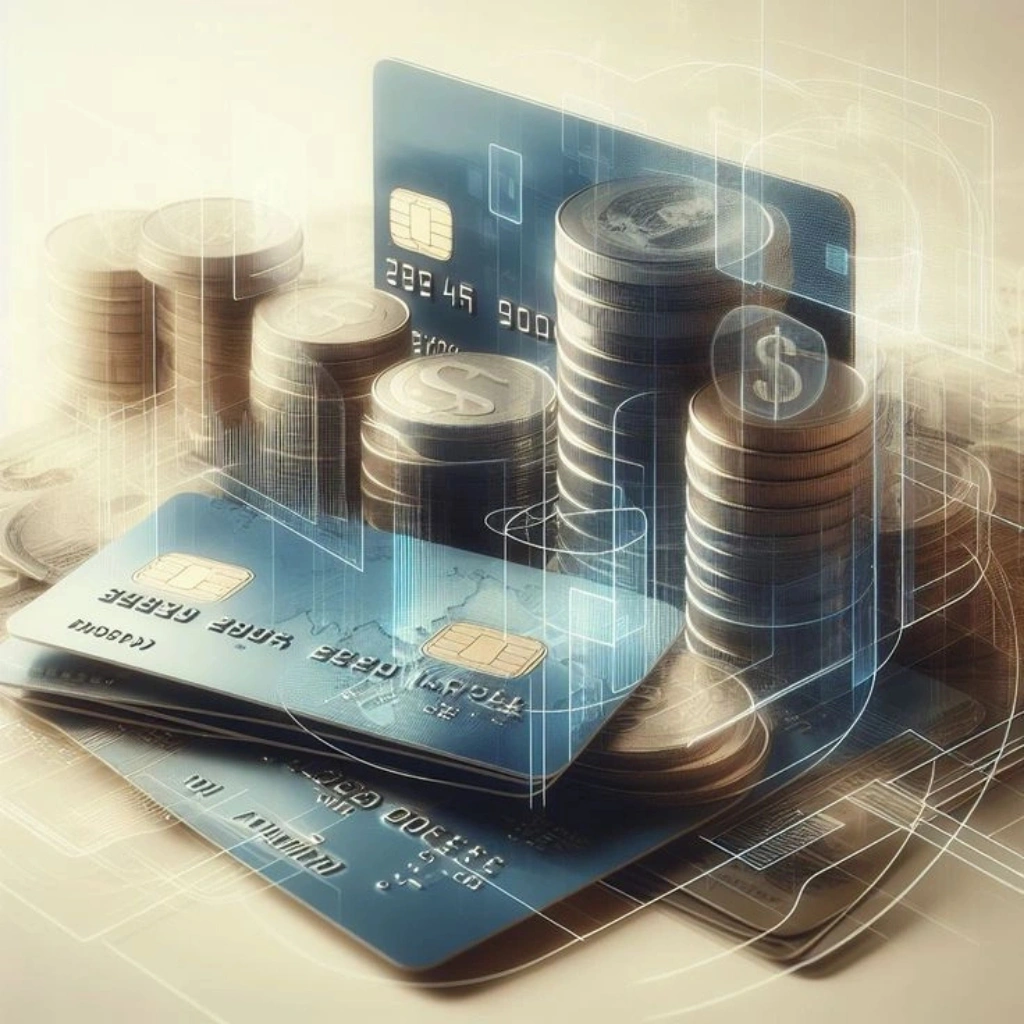Crypto Cards for Everyday Use: The Future of Daily Spending?
August 17, 2025

By Zach, Tech Correspondent, Crypto card for everyday use:
Paying for your morning coffee with Bitcoin might sound like a futuristic fantasy—but thanks to crypto cards, it’s increasingly becoming a practical reality.
A crypto card for everyday use works much like a standard debit or credit card. The key difference? Instead of drawing funds from a traditional bank account, the card connects to a user’s cryptocurrency wallet and automatically converts digital assets into fiat currency at the point of purchase. That means users can spend crypto in physical stores, online shops, and even while traveling abroad—without requiring vendors to accept digital coins directly.
As interest in crypto continues to rise, financial technology companies are rolling out more options for consumers looking to merge their digital wallets with real-world convenience.
What Is a Crypto Card and How Does It Work?


Crypto cards—typically branded by major payment networks such as Visa or Mastercard—are issued by cryptocurrency platforms like Crypto.com, Binance, Coinbase, and others. The mechanism is simple: when a user makes a purchase, the card provider instantly converts the chosen cryptocurrency (e.g., Bitcoin, Ethereum, USDC) into the merchant’s local currency.
Although most businesses still do not accept crypto directly, the conversion process allows customers to spend digital assets without additional steps. Some providers offer flexible coin selection, cashback rewards in crypto, and even perks like staking bonuses.
However, the process is not without drawbacks. Transaction fees, withdrawal limits, and tax implications remain ongoing concerns for cardholders.
Who Can Use a Crypto Card for Everyday Use?


Access to crypto cards is generally open to individuals who own digital currencies and pass identity verification checks, commonly known as Know Your Customer (KYC) procedures.
According to industry observers, the typical users include:
- Crypto Enthusiasts: Those already managing crypto portfolios can benefit from real-world utility, using assets to fund daily purchases instead of traditional cash.
- Frequent Travelers: Many crypto cards waive foreign transaction fees, making them attractive for those who spend across borders.
- Freelancers and Gig Workers: Individuals paid in crypto may find it faster and more efficient to spend their earnings directly using a card, rather than converting them into fiat and transferring to a bank.
- Early Adopters: Some users are motivated simply by the novelty of the technology and the opportunity to experiment with evolving financial tools.
While eligibility criteria vary by provider, most crypto cards are currently limited to residents in select regions due to regulatory restrictions.
Pros and Cons of Crypto Cards


Crypto cards present both opportunities and challenges for consumers.
Advantages:
- Seamless spending without manual conversions
- Rewards programs that offer crypto-based incentives
- International usability backed by Visa or Mastercard networks
- Some cards support staking or yield-generating features
Challenges:
- Tax reporting complexities—each transaction may be considered a taxable event in some jurisdictions
- Price volatility may affect value at the time of spending
- Additional fees for ATM use or currency conversion
- Limited support from certain merchants and financial institutions
Industry analysts note that while the cards are gaining popularity, users should review fee structures and regulatory risks carefully.
Adoption Trends: Gimmick or Genuine Innovation?
While crypto cards remain a niche product for now, their adoption is steadily growing. Companies like BlockFi, Wirex, and BitPay are among those expanding their offerings to accommodate increasing demand for crypto usability.
Some experts remain cautious. “It’s a great idea in theory, but there are still issues around taxes and volatility,” says Maya Tan, a fintech researcher based in Singapore. “Users need to be well-informed before relying on these cards for daily transactions.”
Still, others see it as a sign of progress in the mainstreaming of digital currencies. The ability to use crypto like cash—anywhere, anytime—could mark a significant step toward broader acceptance.
Final Thoughts: Is a Crypto Card for Everyday Use Right for You?
A crypto card for everyday use can be a useful tool for certain segments of users, especially those already active in the crypto economy. For many, it bridges the gap between the virtual and physical world—offering convenience, flexibility, and a glimpse into the future of finance.
That said, it’s not a one-size-fits-all solution. Regulatory uncertainties, taxation, and potential fees should all be considered before applying.
As digital currencies evolve, crypto cards may well become a standard payment option. For now, they remain a compelling—but cautious—step forward.
Relevant News : HERE

